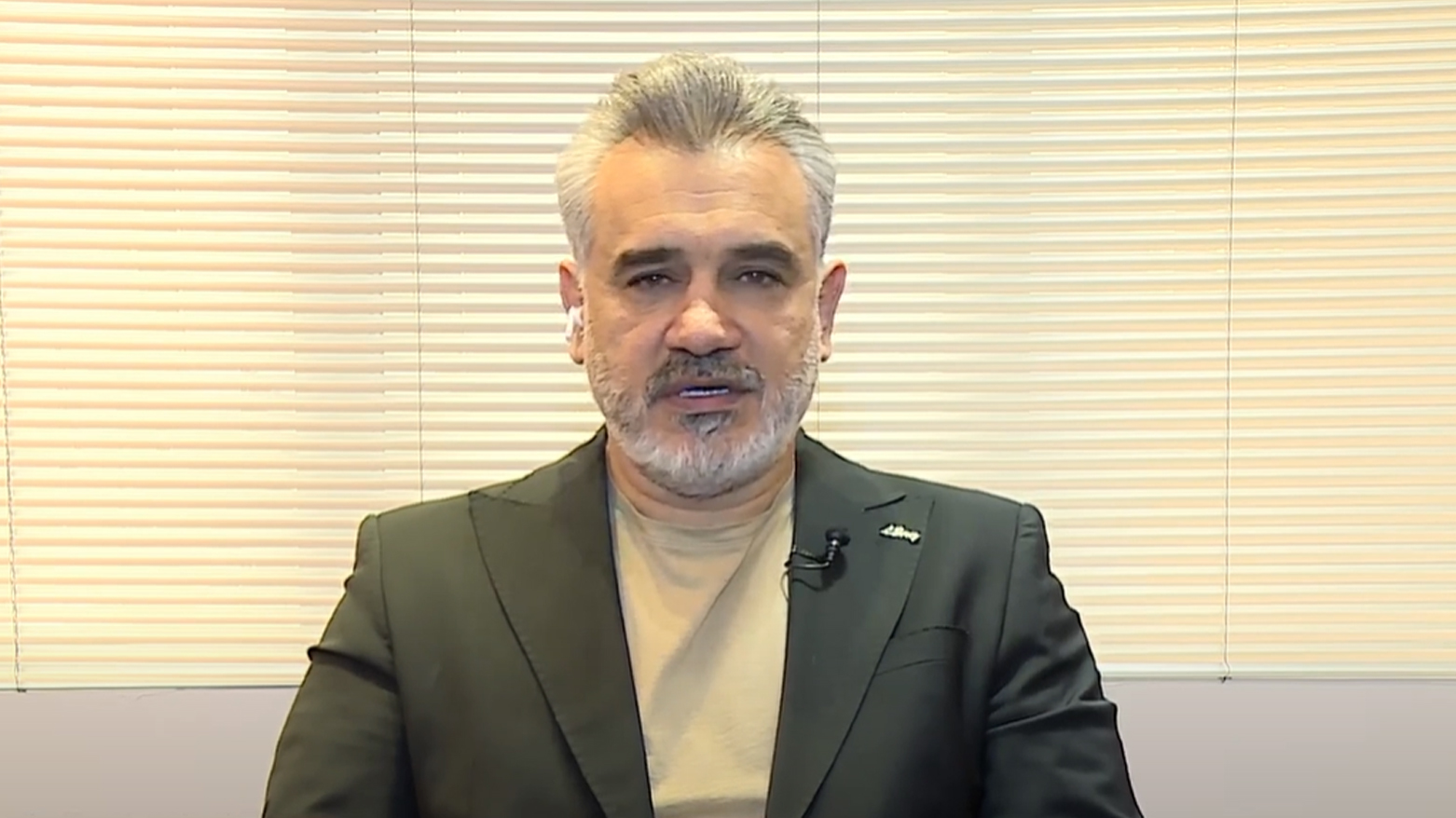Deputy Oil Committee Chair: KRG's U.S. Energy Agreements Fully Constitutional
Rawandzi highlighted the federal government's inconsistency, stating that since 2008, it has signed numerous oil contracts in other Iraqi provinces but neglected the Kurdistan Region.

By Ahora Qadi
ERBIL (Kurdistan24) – Nehro Rawandzi, Deputy Chair of the Oil and Gas Committee in the Iraqi Parliament, has strongly defended the recent energy agreements signed in Washington between the Kurdistan Regional Government (KRG) and major U.S. oil companies, stating they are “entirely constitutional” and grounded in Iraq’s federal framework.
Speaking to Kurdistan24 on Thursday, Rawandzi said: “The Oil and Gas Law has still not been submitted to the Iraqi Parliament for voting, and there has been no political agreement reached regarding its provisions.”
Baghdad’s Contradictions and Kurdish Rights
Rawandzi highlighted the inconsistency of the federal government’s position on oil contracts, pointing out that “since 2008, the federal government has signed dozens of oil and gas production contracts in provinces across Iraq, yet it has failed to deliver the same attention to the Kurdistan Region.”
He emphasized that Article 112, Paragraph 2 of the Iraqi Constitution stipulates that Erbil and Baghdad must jointly develop oil policy to maximize Iraq’s overall export potential.
“Iraq has done nothing for Kurdistan to date. Therefore, we consider the step taken by Prime Minister Masrour Barzani both timely and constitutionally sound,” Rawandzi affirmed. “There is absolutely nothing illegal about these agreements.”
A Legal and Strategic Move, Backed Internationally
The statements come as the KRG faces renewed criticism from Baghdad following the signing of two landmark energy agreements on May 20 with HKN Energy and Western Zagros. The Iraqi Ministry of Oil quickly condemned the deals as “illegal,” prompting widespread accusations of political interference aimed at undermining Kurdish economic autonomy.
However, Erbil has firmly rebutted the allegations, clarifying that the agreements were not new but rather operational extensions of long-standing contracts. The Ministry of Natural Resources stressed the transparency and legality of the deals, accusing Baghdad of creating unnecessary obstacles to critical energy development that benefits all Iraqis.
Observers note that the controversy highlights a deeper divide between Baghdad’s centralizing tendencies and Erbil’s pursuit of constitutional self-governance, particularly in the energy sector.
U.S. Endorsement Strengthens KRG's Position
The United States has voiced clear support for the KRG’s energy partnerships. In testimony before the House Foreign Affairs Committee, Secretary of State Marco Rubio reaffirmed that Kurdish autonomy and economic development are pillars of U.S. policy in Iraq.
“Our approach is anchored in the autonomy of the Kurdish population,” Rubio said. “Part of that is allowing them an economic lifeline to prosper.”
He further warned that growing Iranian influence over Baghdad and pro-Iran militias poses a direct threat to regional stability and U.S. interests.
The U.S. State Department also welcomed the deals, describing them as a boost for energy security and bilateral cooperation:
“These types of partnerships will strengthen gas production in Iraq and benefit both of our peoples,” the Bureau of Near Eastern Affairs declared.
A Constitutional Right
Rawandzi’s remarks underscore a message echoed across the Kurdistan Region: that these agreements are not acts of defiance, but constitutional exercises of a federal right enshrined since 2005.
As tensions with Baghdad rise, KRG officials and their international partners continue to assert that the real challenge to Iraq’s unity is not Kurdish development, but Baghdad’s persistent refusal to treat the Kurdistan Region as an equal partner in the federal system.
